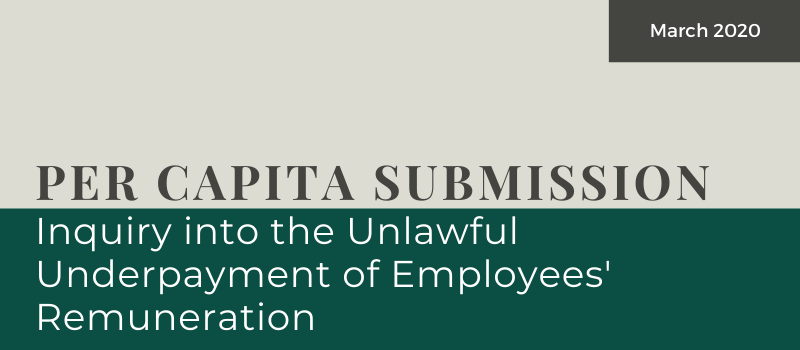Executive summary
For young people in Australia, the transition from school to work is increasingly defined by insecurity. In some sense, school-to-work transitions have always been characterised by periods of instability, as new entrants to the labour market have always been expected to learn skills, earn respect and prove their value before achieving stability. However, the labour market deregulation policies of the 1980s and 1990s have contributed to young people in the 21st century remaining in precarious positions well into their late twenties and even into their thirties.
While wage theft has only recently become part of the national conversation, it has long been a structural feature of the hospitality industry. Given that young workers overwhelmingly make up the hospitality workforce, the growth of wage theft has increasingly become a key driver of generational inequality in Australia. Young people today are far more likely to work in hospitality than young people from previous generations, and their careers in hospitality are increasingly precarious and marred by wage theft.
For decades Australians have been told that if government stays out of the way, the market will create work for everyone who needs it and will do so in the most efficient way. Yet it is now painfully obvious that the market cannot deliver full employment that can support people to live a good life and ensure the fair distribution of our shared prosperity.
Wage theft is a problem that cannot be solved through market mechanisms – it requires a strong regulatory framework that contains enforcement measures and carries significant penalties for non-compliance. We argue that the government must take wage theft seriously, and that a strong interventionist approach must be taken to ensure the security of work for an entire generation of Australians.

